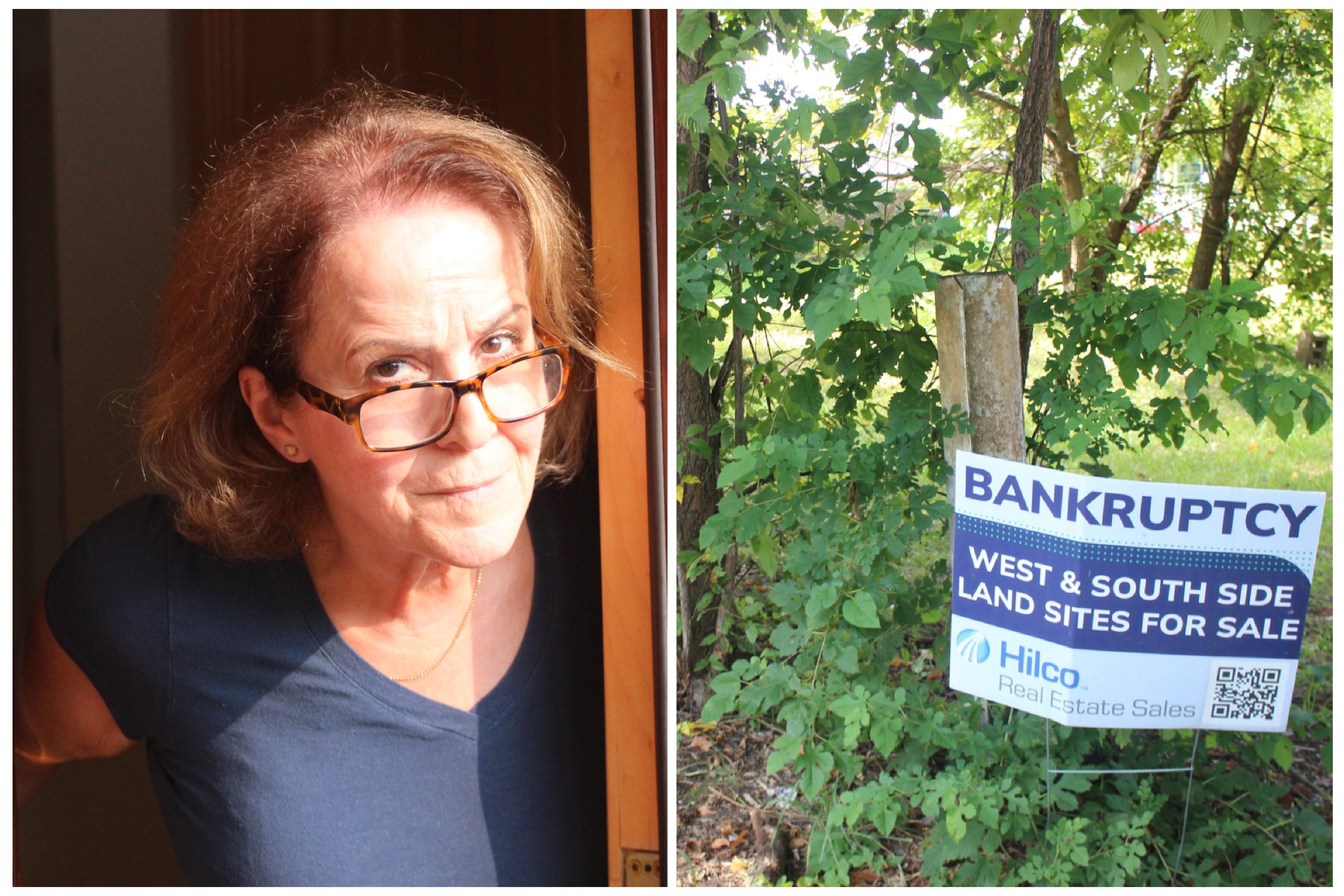B
lock Club Chicago and the Illinois Answers Project uncovered a sprawling real‑estate empire built by Suzie B. Wilson and her sister Swedlana Dass, who had turned abandoned lots in Chicago’s poorest neighborhoods into a multi‑million‑dollar portfolio. The sisters had acquired roughly 800 parcels through Cook County tax and scavenger sales, leaving the properties vacant, overgrown, and in violation of city codes. In 2023 the two investigative groups revealed that the sisters’ companies had accrued more than $15 million in unpaid fines for neglecting the lots, which were often infested with weeds, trash and rats.
The city responded with a series of lawsuits, alleging that the properties were being used as dumping grounds for tires and junk cars. The legal pressure culminated in the sisters’ real‑estate conglomerate filing for Chapter 11 bankruptcy in federal court. A settlement of $11.5 million was reached, and the businesses agreed to dissolve. As part of the bankruptcy, the court approved an auction of the remaining lots to satisfy creditors.
The auction, managed by Hilco, was billed as the largest bulk land sale in Chicago’s recent history. The city expected the sale to bring in more than $12 million, based on the estimated value of the top 150‑200 properties. Instead, only about one‑third of the parcels sold—roughly 250 lots—bringing in just $3.4 million. The majority of the lots that did sell fetched around $5,000 each, far below their appraised worth. The city’s projected revenue fell short, and more than 500 lots remained vacant, still owned by the sisters or their LLCs.
City attorneys have already secured over $1 million in upfront payments from the estate and have forced the sale of hundreds of properties. “We have a single goal,” said Mary Richardson‑Lowry, Chicago’s corporation counsel. “She should no longer be in the city, owning property in a way that harms communities.” The city is now preparing to pursue further legal action against Wilson and Dass, who face potential liquidation of their remaining assets.
The auction attracted a diverse group of buyers. Some were neighbors who had long cared for the lots out of their own pockets; others were city agencies planning to use the parcels for affordable housing, parks, or transit‑oriented development. A handful of real‑estate speculators purchased lots at bargain prices, hoping to flip or develop them later. In Englewood and West Englewood, where the sisters hold the largest concentration of properties, fewer than a quarter of the 362 lots sold. The city bought three parcels in West Englewood and Roseland for $182,000 to support future transit projects, and the CTA acquired a lot near Fernwood Park for a park‑replacement plan.
Despite the sales, many of the new owners face long waits for financing or city approvals. Some, like Dwayne Herbert, plan to convert adjacent lots into side yards or affordable housing, while others, such as the Pourian family, are awaiting zoning changes from local aldermen before proceeding. The city’s own vacant‑lot inventory remains vast: over 10,000 city‑owned lots and an additional 16,600 approaching vacancy due to unpaid taxes. Private ownership, especially through LLCs, complicates redevelopment because ownership can be opaque and difficult to trace.
The sisters’ empire was spread across more than 20 LLCs—Dagny, Daisyland, Darcy, Darden, Debrox, Derby, Dion, Direct, Discount Inn, Distinctive, Dorchester, Dover, and others—making it hard for the city to locate and enforce action against the owners. A recent WBEZ investigation highlighted the trend of using LLCs to shield owners from liability and public scrutiny.
Hilco, the auction manager, has received $300,000 and stands to earn a commission of at least 7% on remaining sales. The trustee in bankruptcy court controls the unsold properties, but they remain owned by Wilson and Dass. If the sisters file for Chapter 7 liquidation, the remaining lots will be sold in a more streamlined process, according to city deputy corporation counsel David Holtkamp. Should the sisters reclaim their properties, the city plans to pursue them again in state court, with Richardson‑Lowry promising relentless action.
Neighborhood leaders and residents have expressed frustration over the slow pace of change. Alderman Jeanette Taylor noted that vacant lots in her ward—Woodlawn, Washington Park, Hyde Park, Back of the Yards, and Fuller Park—are a major problem, and she called for stricter enforcement of code violations. Residents in Englewood, such as Leonard and Jacqueline Washington, live near unsold lots that have become drug hangouts; they hope a new owner will build a house and provide a safe space for the community.
In sum, the auction failed to meet the city’s financial and blight‑reduction goals. While the city has secured some payments and forced the sale of hundreds of parcels, a significant number of lots remain vacant, owned by a defunct real‑estate empire that continues to be pursued legally. The challenge of turning Chicago’s abandoned lots into productive uses remains complex, involving private ownership structures, financing hurdles, and the need for coordinated city action.














